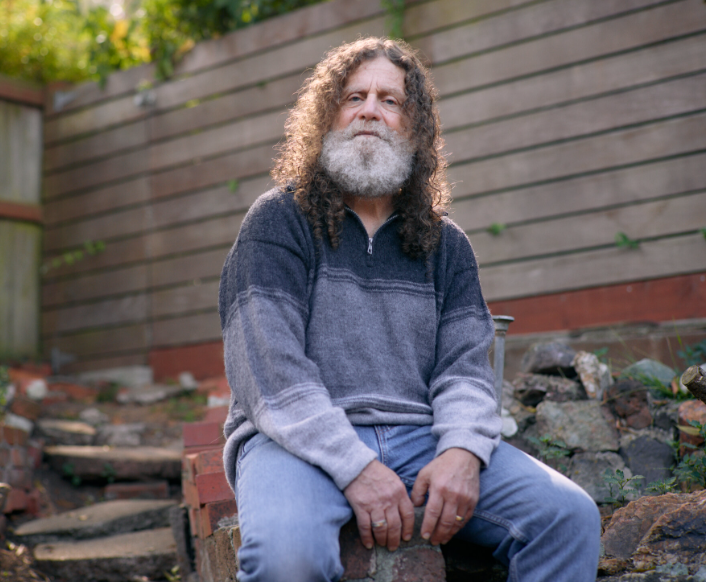
Robert M. Sapolsky’s journey from dreaming of African dioramas in New York’s Museum of Natural History to living among baboons in Africa reveals much about the role of stress in our lives. By the age of twenty-one, Sapolsky had joined a troop of baboons, not merely to escape Brooklyn, but to study the intricate connections between stress and health. Baboons, like humans, live in complex social structures and spend a significant amount of time stressing each other out, rather than evading predators. This social stress, according to Sapolsky, is a primary source of stress-related diseases in both baboons and humans, as he explains in his book Why Zebras Don’t Get Ulcers.
Dr. Sapolsky’s fascination with stress and human behavior stems from over thirty years of work as a field primatologist and laboratory neuroscientist. His research seamlessly transitions from the social hierarchies of primates to the neurochemistry of stress, making complex scientific concepts accessible to everyone.
What captivates Dr. Sapolsky the most about human behavior is its duality—we are both the most violent and the most altruistic species. In his book Behave: The Biology of Humans at Our Best and Worst, he explores how every action, whether heroic or appalling, is rooted in neurobiology, influenced by immediate stimuli, hormonal changes, childhood experiences, and the interplay of genes, culture, and evolution. This intricate web of factors suggests that humans have far less free will than traditionally believed, a theme he delves into in his latest book, Determined: A Science of Life Without Free Will.
Sapolsky’s works, including Behave, a New York Times best-seller, and A Primate’s Memoir, demonstrate his storytelling prowess and deep understanding of stress and human behavior. His accolades include the 2008 Lewis Thomas Prize for Writing about Science, and his articles have been featured in prominent publications such as Discover, The New Yorker, and The Wall Street Journal.
As a MacArthur “Genius” Fellow and a professor at Stanford University, Dr. Sapolsky’s contributions extend beyond academia. His National Geographic special on stress and his widely viewed online lectures bring humor and humanity to the often sobering topic of stress and its effects. Dr. Sapolsky’s insights into stress, behavior, and the limitations of free will make him a compelling and thought-provoking speaker
